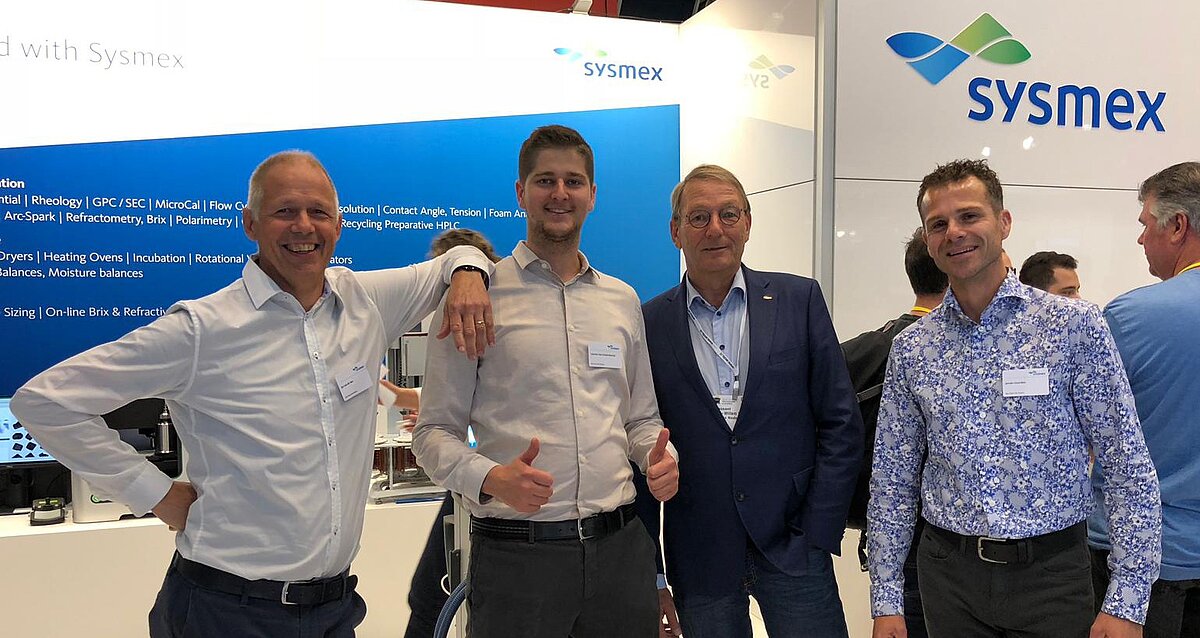50 years of Sysmex part 2: The Netherlands and Belgium hand in hand
Posted by Sysmex Netherlands & Belgium on 12/2018
Part 1 was published recently, and it is time for part 2. Jan-Willem Schipper (CEO) tells us about the big breakthrough and the year of the XN series. He also explains why financial stimuli are important in the development of new technologies and the importance of customer support in this sector. And of course we asked about some of his most memorable moments. In 2018 Sysmex celebrates its 50th birthday. This very special occasion is a good time to stop and look back on the past five decades.
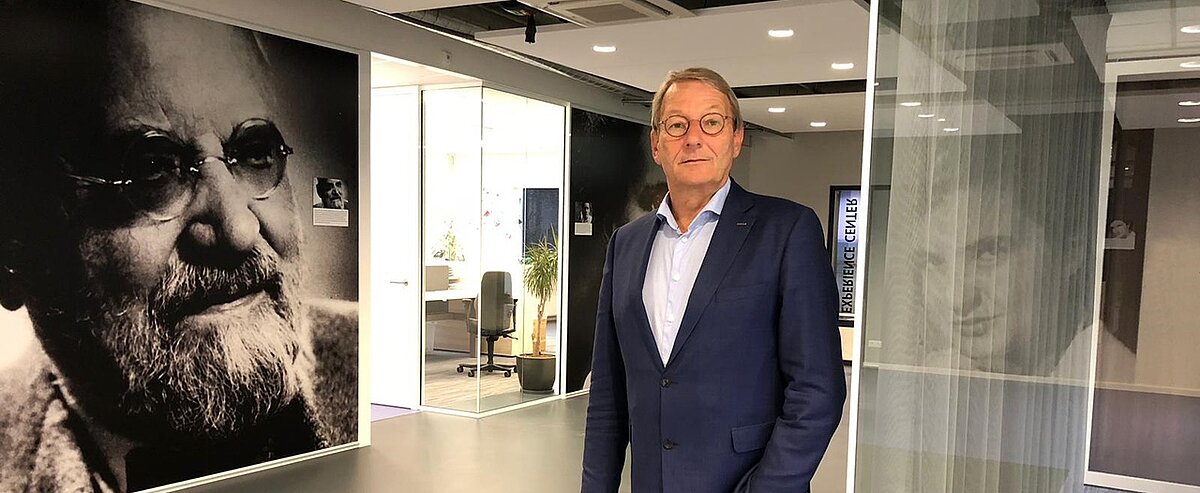
The big breakthrough
The "XE-5000" was the big breakthrough in haematology in 2001. From that point on the number of users increased very quickly. It’s a reliable instrument, and it’s fast and unique because of its integration capabilities. It’s common practice today to link machines together. A lot of places use the XN-9000, for example, but I remember in the 90s everyone laughed at the thought of putting a big thing like that in your lab. We showed up with one of these big platforms (HST) at a trade show in Utrecht one year, and people kind of felt sorry for us. They thought it was too big and not right for the Netherlands."
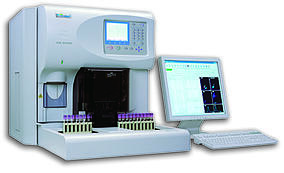
The impact of customer support and the Sysmex Academy
"The systems were not the only reason for our success. Even more important are the service and support we offer. This was true from the beginning and we have only gotten better over the years. It used to be primarily ad hoc, but these days it’s more organised. There are checklists, regulations (CE-IVD-R), updates and what have you. It’s more than just service, it’s support. I see it as an integrated whole: we supply a system from the time of the very first discussions to the installation and all the way to the moment the instrument is taken out of commission. That requires an entire team, including application, technical, logistics and IT specialists. IT is a good example of a specific type of support that didn’t exist before.
"There are not too many sectors where you have the opportunity to provide so much support for your customers"
"At Sysmex we want to build teams where people can reach their full potential in their own way. People are a key factor in any company. It is important to keep our people committed to the customer. It doesn’t matter if it’s an industrial product or a medical product; they have to be in tune with the customer’s needs. There are not too many sectors where you have the opportunity to provide so much support for your customers. That’s why we started the Sysmex Academy. We average more than 700 visitors a year, and it’s a good way to share knowledge with our customers. We don’t just do for customer retention, because if that is your only motive you shouldn’t be doing it in the first place; our main objective is the development of the sector, our users and our products. We have to be continually committed to innovation."
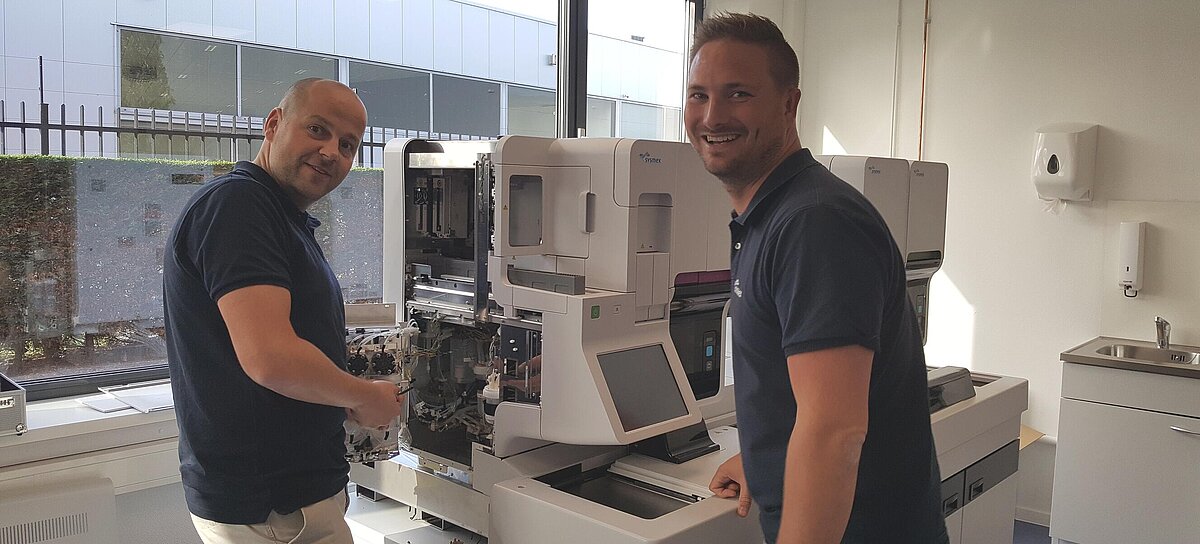
Particle analysis in the industry and research
"Another great story is our Mastersizer 3000 from Malvern. The Malvern Panalytical product line has made a substantial contribution to the growth of Sysmex in the Netherlands and Belgium. We are unique in that regard within the Sysmex organisation and we would like to keep it that way. The Mastersizer 3000 is a laser diffraction particle size analyser which measures particles from 10 nanometres up to 3.5 millimetres. In the Benelux we are number one in the market with these applications."
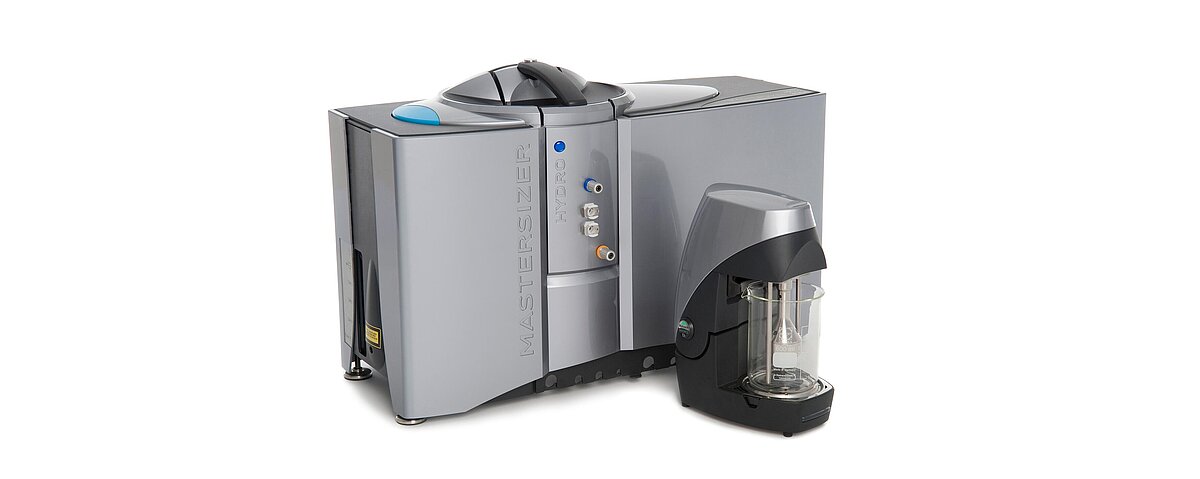
The year of the XN
"It finally happened a little over five years ago: the successful XE series was surpassed by the XN series. To this day, these are the most frequently used haematological analysers in laboratories all over the world. The XN series is very compact, modular, technologically advanced and most importantly, it has an even longer MTBF (Mean Time Between Failure). The scientific aspect of the XN series is top-quality as well, and we are continually striving to make it even better."
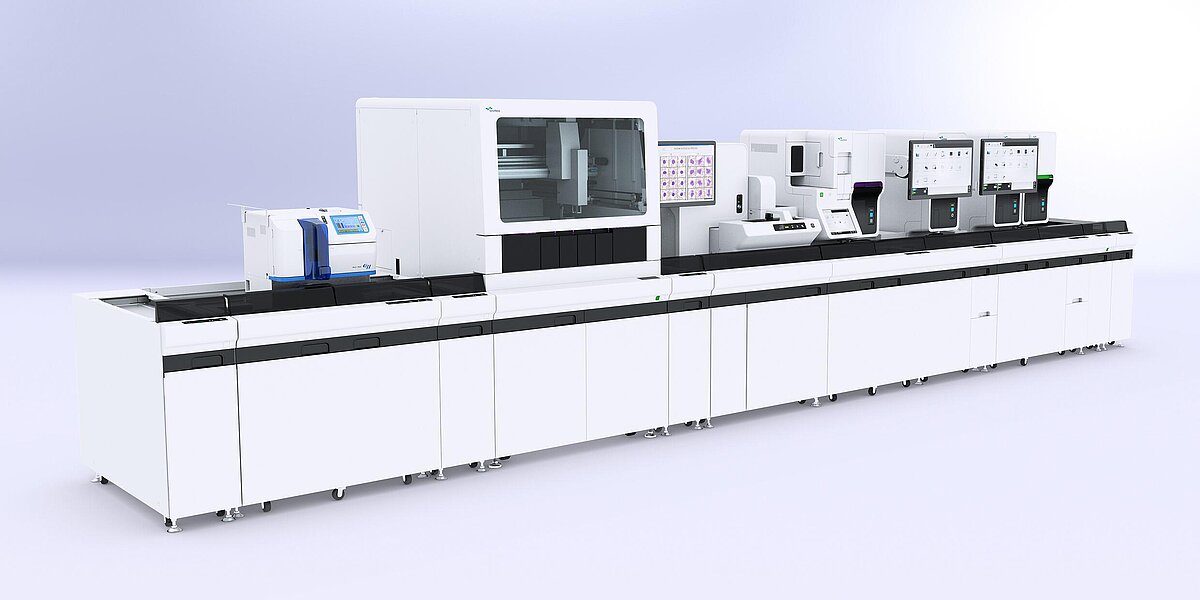
Financial stimuli in urinalysis
"We rolled out the urinalysis (UF series) in Belgium first, but that was partly for financial reasons, because urine sediments are reimbursed in Belgium. Financial stimuli are often important factors in the development of new technologies. This is why automation in urine labs developed more quickly in Belgium than in other countries."
"The urine lab tends to be the neglected stepchild among laboratories"
"People don’t like to work in the urine lab, and yet it took much longer for these labs to become automated. Many labs in the Netherlands still use microscopes to analyse urine sediments. Some labs don’t even have a urine flow cytometer or a digital microscope. Belgian labs are almost all automated, but that’s because of a different reason, like I said: reimbursement. The development is the same as in haematology. A lot of the work used to be done by hand, in counting chambers and under the microscope. Now laboratories want to standardise, deliver proven consistent results. The urine lab still tends to be the neglected stepchild among laboratories, but there have been more developments in the past few years. I think it’s still a hole in the market and I expect the new UN series will take advantage of that. If we offer the same level of support as we do for haematology I am convinced that it will prove to be a major breakthrough in urine diagnostics."
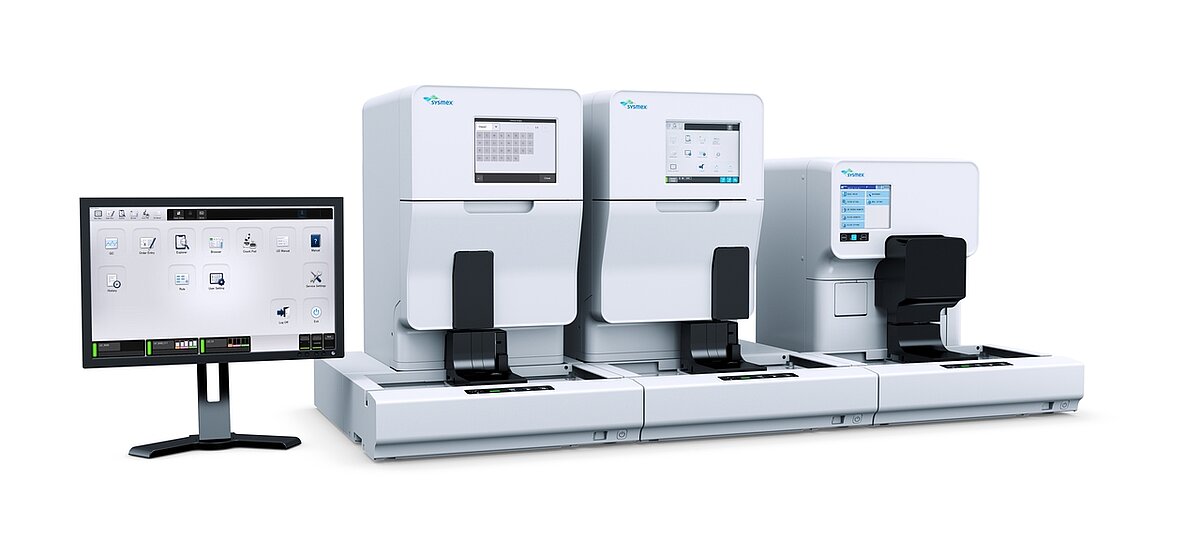
What have been some of the most memorable moments for you?
"Expanding into Belgium was an important step for us. It means a lot to me that we have an integrated Dutch/Belgian organisation; there are not a lot of companies that have been able to make that happen, maybe because of the cultural differences. We have to keep reminding ourselves to not take that for granted, and we keep working on it. The reason why it’s so valuable is that you’re bigger, and therefore more flexible. It wouldn’t be smart to keep operating as two different organisations, because you double up on all the work. This way you can share resources, so you become more efficient and you can do more. Why should a national border be a separation line? I have always advocated for this approach in business. In our personal lives the differences are important, of course. Someone who lives in Limburg (Belgium or the Netherlands!) has his own identity, but that doesn’t mean that his identity gets lost in the same company. Another memorable moment was when we became part of Sysmex in 2009."
Should you retire at some point, is there a legacy you would like to leave?
"I hope that the culture we have now will continue to thrive. But once I’m no longer part of it I won’t have a say in it any more. Perhaps people will see things very differently 30 years from now. It’s not really my goal in life to leave a legacy. It seems a bit lofty for someone to have this burning need to leave "something" behind."
Where is diagnostics headed?
"The trend is an increasing emphasis on prevention, that’s what people are interested in. To what extent it will make them happy is hard to predict. Health is very important, of course, but there will always be new challenges. Hopefully we can help our society to keep growing in a healthy way and to find ways to keep ballooning healthcare costs down. The added value of laboratory diagnostics will certainly contribute to those goals."
If you have a question about the interview or another question, feel free to contact us.
